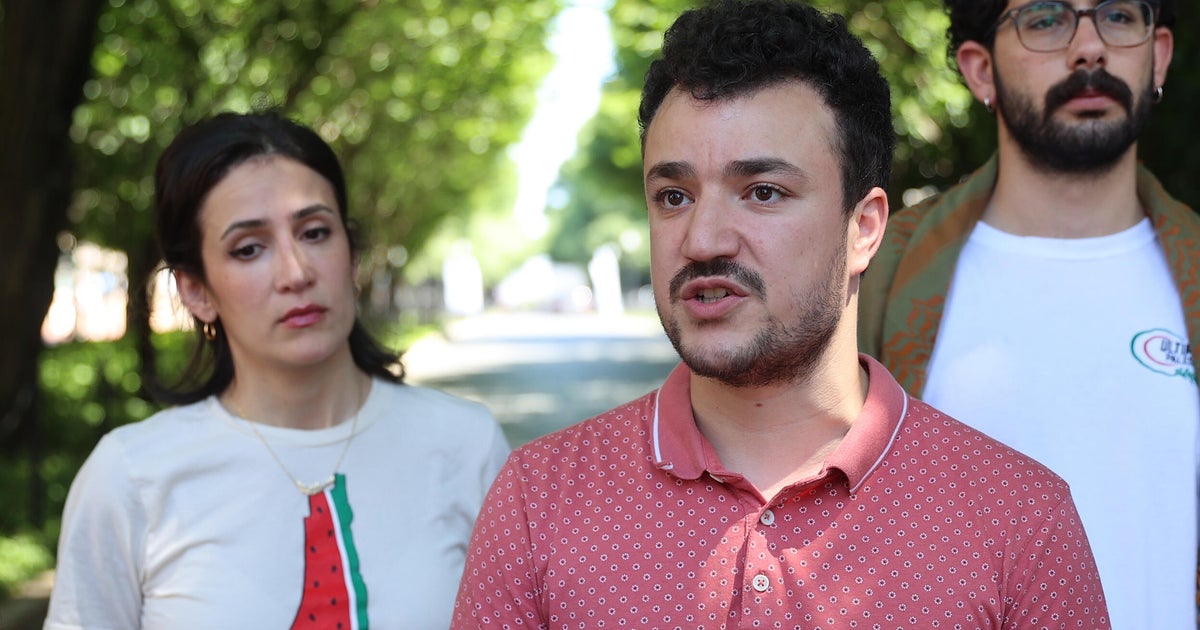Key takeaways:
- The Trump administration has submitted a memorandum to a Louisiana immigration court, citing national security concerns for the deportation of Mahmoud Khalil, a Columbia University student and activist, due to his involvement in campus protests against U.S. foreign policy interests.
- The legal argument is based on a statute from the Immigration and Nationality Act of 1952, which allows deportation of noncitizens deemed detrimental to national foreign policy interests; the memo, obtained by CBS News, outlines this rationale.
- The case has garnered attention for its unusual legal grounds and potential implications for student activists and noncitizens involved in political protests, possibly setting a precedent for future cases at the intersection of immigration law and national security.
The Trump administration has submitted a memorandum to a Louisiana immigration court, citing national security concerns as the basis for the deportation of Mahmoud Khalil, a Columbia University student and activist. The memo, authored by Secretary of State Marco Rubio, references Khalil’s involvement in campus protests as conflicting with U.S. foreign policy interests. This submission follows a judge’s directive requiring the government to present evidence supporting its deportation case against Khalil.
The legal argument hinges on a relatively obscure statute within the Immigration and Nationality Act of 1952. This provision allows for the deportation of noncitizens whose presence is deemed detrimental to national foreign policy interests. The administration’s memo, which spans one and a half pages, was obtained by CBS News and outlines the rationale for Khalil’s removal from the United States.
Khalil, who is a graduate student at Columbia University, was arrested by immigration authorities on March 8. He gained attention for his leadership role in protests against the war in Gaza, activities that the government argues are at odds with American foreign policy. The memo suggests that Khalil’s actions on campus have broader implications for national security, although specific evidence supporting this claim was not detailed in the brief document.
The case has drawn attention due to the unusual legal grounds cited for Khalil’s deportation and the broader implications for student activists and noncitizens involved in political protests. The outcome of this case may set a precedent for how similar situations are handled in the future, particularly concerning the intersection of immigration law and national security considerations.



Be First to Comment